![]()
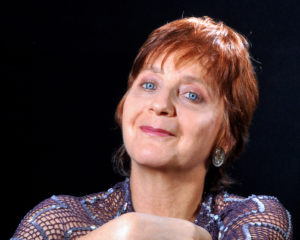
Meryl (not her real name) lost her husband last December. Then came COVID-19. Amidst all the grief came loneliness and isolation. Now, virtual programming through AgeWell Atlanta and the MJCCA has become a lifeline, bringing connection and consistency to her routine. “I really, really enjoy the programs that you schedule and that I participate in,” Meryl said. “This time of the COVID-19 pandemic makes life so challenging. I live by myself since my husband passed away. I do go to the grocery store, but I try to only go there about every 2 weeks.”
Virtual programs bring laughs, too. “The Improv class has been freeing! It has provided a nonjudgmental, positive forum for me to be creative and have some laughs. This class has been the perfect antidote for the dark times we are living in due to the pandemic. I leave energized after every class.”
No wonder what used to be Senior Day has now blossomed into Senior Week, made possible by AgeWell Atlanta and its partnerstheMarcus Jewish Community Center of Atlanta and Jewish HomeLife.Senior Week will offer five consecutive days of adult virtual programming, November 9-13, from 3-4 pm. The theme is Jewish Culture Around the World and the whole week’s events are free! To get the Zoom links and RSVP, email Ashley Maloy at amaloy@jfcsatl.org, or Barbara Vahaba at barbara.vahaba@atlantajcc.org
Monday, November 9 – The Jews of Spain: Past, Present and Future: The history of the Jews of Spain is a remarkable story. Moises Hassan, a specialist in Jewish history of Spain, will trace the 2000 years of Spanish Jewry and discuss whether their future will be as turbulent as their past.
Tuesday, November 10 – Growing up in Israel: Local Atlanta Shinshinim, Israeli high school graduates taking a gap year before their military service, will discuss their thoughts on serving in the Army as well as their individual COVID-19 experiences in Israel. Plus hear about how Israel’s COVID measures have impacted the political environment.
Wednesday, November 11 – THE JEWISH GHETTO IN VENICE: For centuries, the Venetian economy was based primarily on trade and the city became a melting pot of different cultures. In 1516 the Jews were the only group to be granted their own quarter. Guide Laura Sabbadin will share the fascinating history of Venetian prejudice and hospitality.
Thursday, November 12 – Jewish Artists in the Atlanta High Museum Collection: Laurel Humble, Head of Creative Aging and Lifelong Learning at the High Museum, will talk about Jewish artists in the American and Modern/Contemporary collection areas highlighting works by Camille Pissarro, Amadeo Modigliani, and Ben Shahn, who were part of important art movements in the last two centuries.
Friday, November 13 – A Musical Finale: Well-known Yiddish singer Alejandra Czarny will treat the audience to a selection of Yiddish songs and original selections. Originally from Argentina, Alejandra has performed throughout Europe and the Americas and has recorded three CDs of Yiddish music.
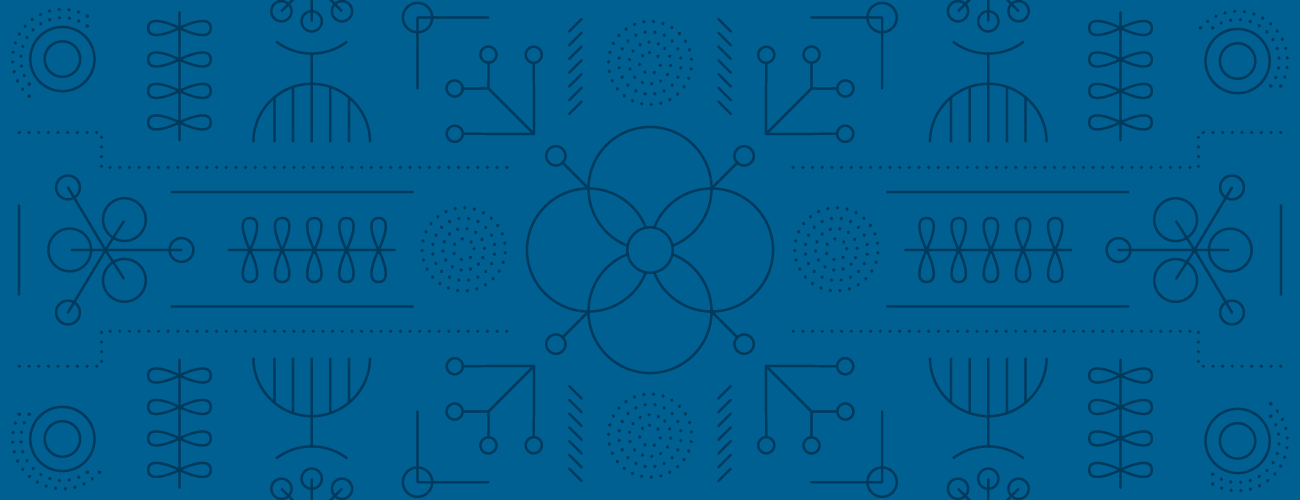

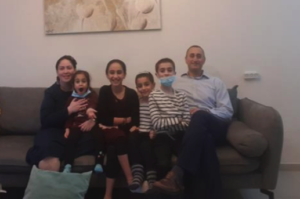 All Jews share the same lunar calendar, and now twelve families from Yokneam, Megido, and Atlanta have officially begun sharing the moon! The project began two months ago to bring us together at a time when social distancing keeps us even farther apart. Working with our Partnership region, we paired Israeli families with families in Atlanta to build bridges.
All Jews share the same lunar calendar, and now twelve families from Yokneam, Megido, and Atlanta have officially begun sharing the moon! The project began two months ago to bring us together at a time when social distancing keeps us even farther apart. Working with our Partnership region, we paired Israeli families with families in Atlanta to build bridges.


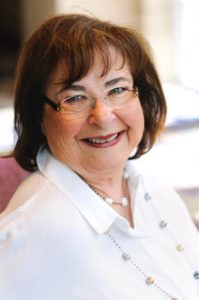
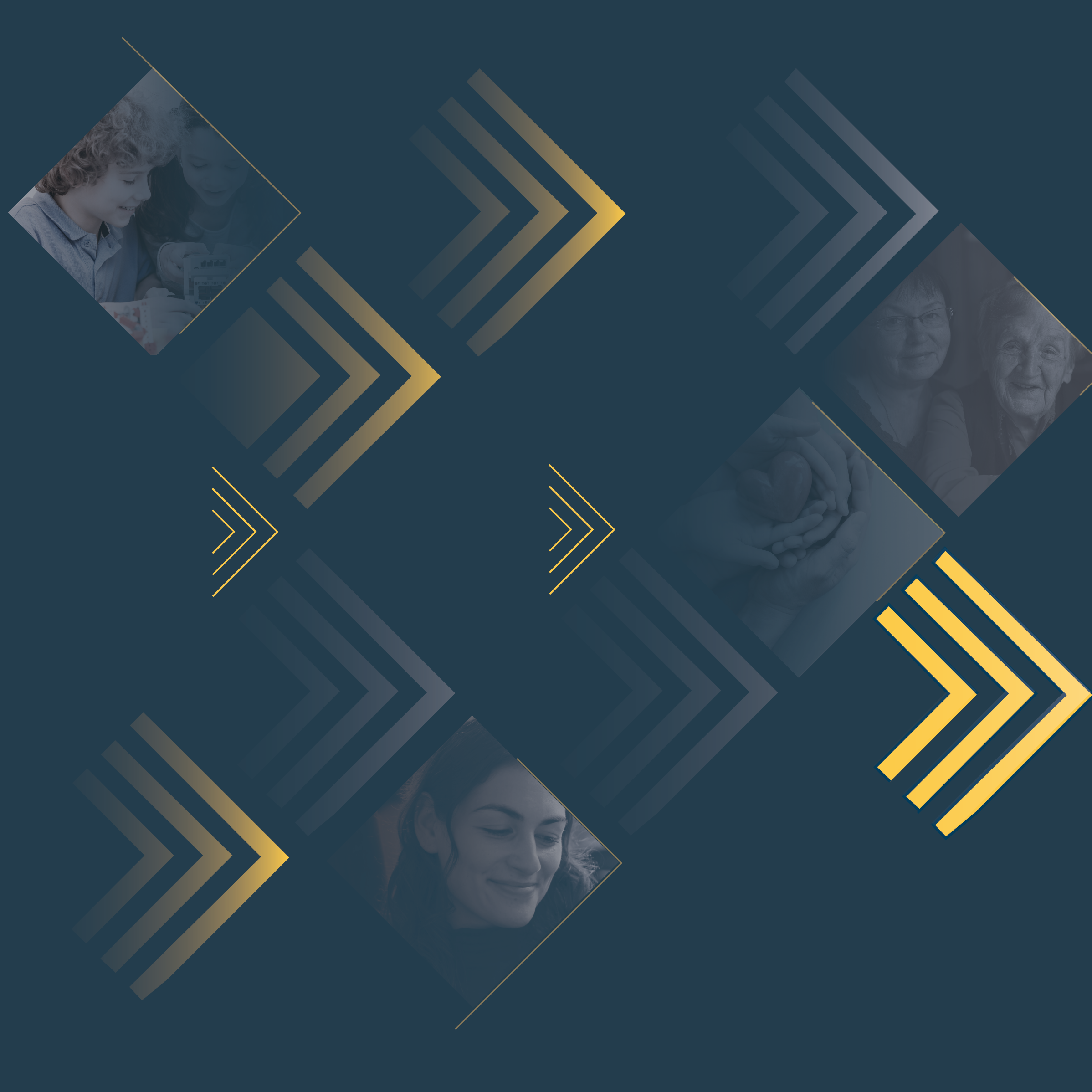


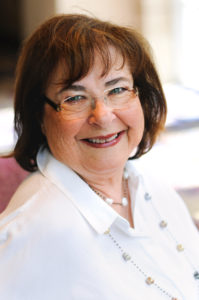 Be a Champion for Older Adults!
Be a Champion for Older Adults!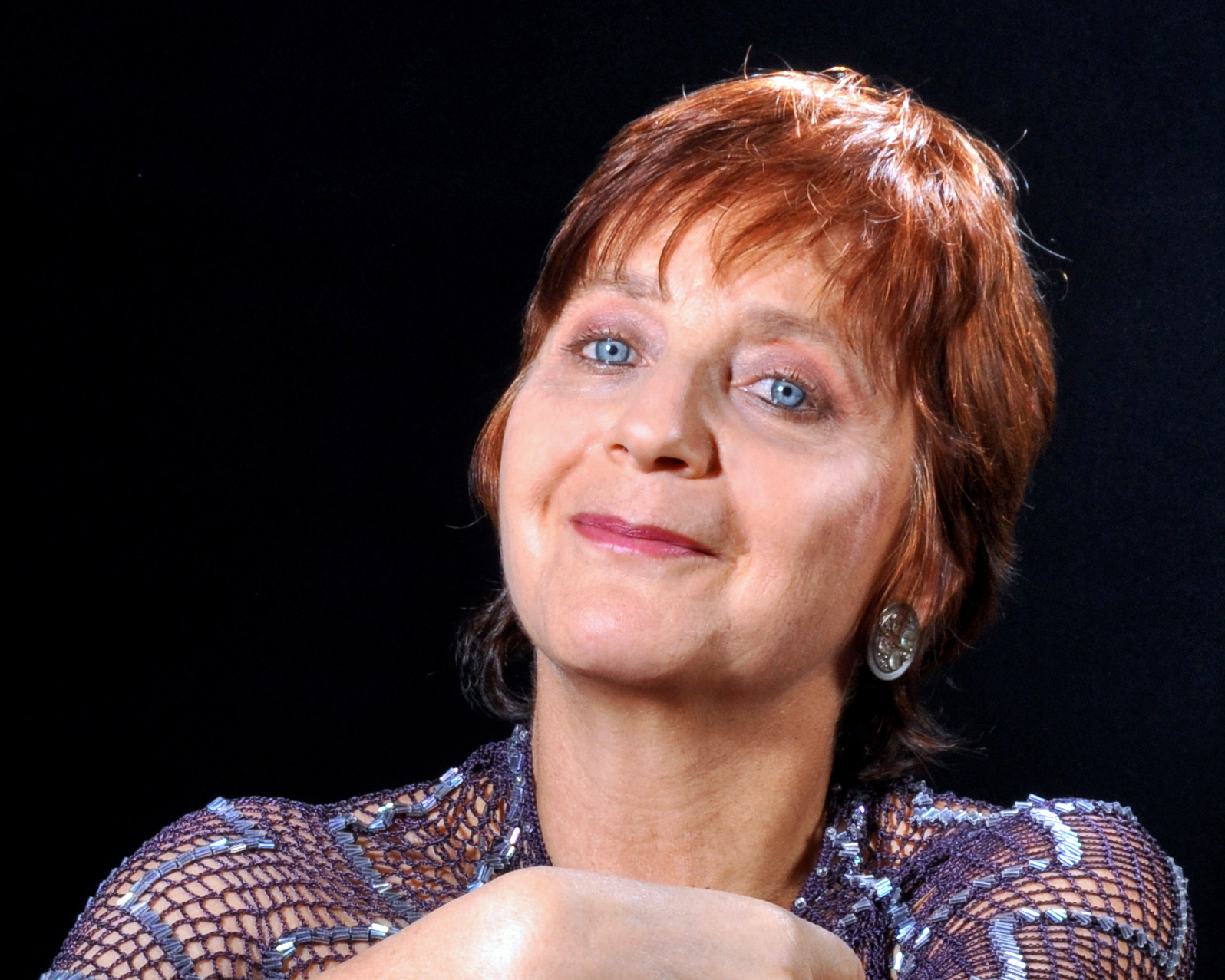


 Following a highly successful summer of service, Atlanta’s Serve the Moment program has now mobilized a fall cohort of young adults to address the COVID-19 crisis, its economic fallout, and the movement for racial justice here in Atlanta.
Following a highly successful summer of service, Atlanta’s Serve the Moment program has now mobilized a fall cohort of young adults to address the COVID-19 crisis, its economic fallout, and the movement for racial justice here in Atlanta.
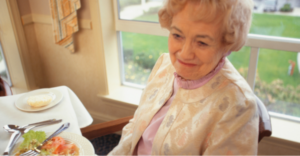
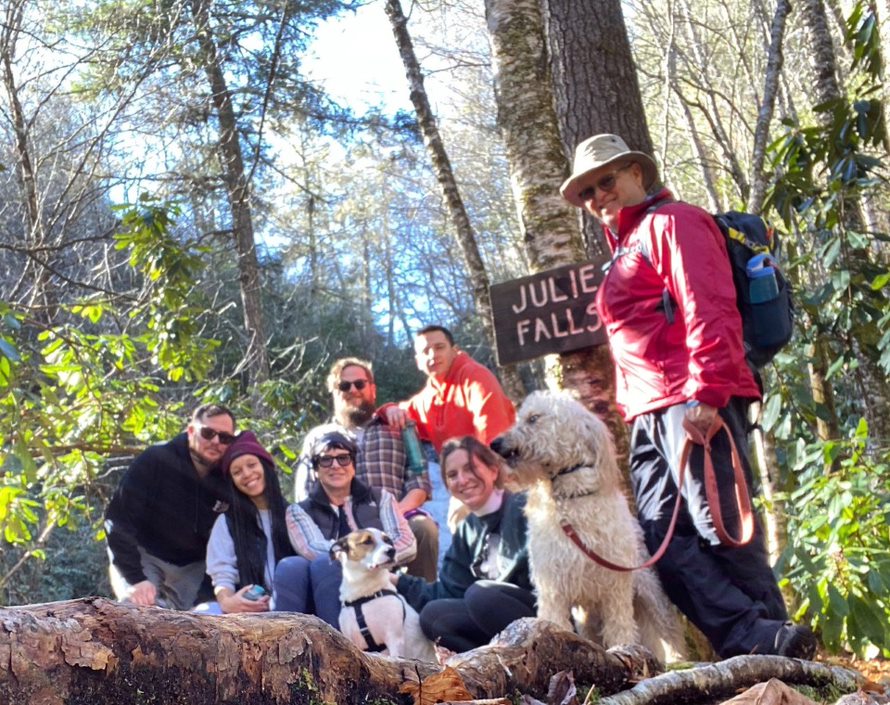
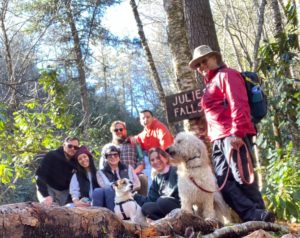 Though we are empty nesters, Bruce and I still include our four children in decisions about our family’s philanthropy. We continue to talk about how we can make a difference in our Atlanta community and farther afield in ways that are relevant to all of us. Our kids know they were born “on third base,” with many advantages, yet they refuse to close their eyes to injustice and social inequities.
Though we are empty nesters, Bruce and I still include our four children in decisions about our family’s philanthropy. We continue to talk about how we can make a difference in our Atlanta community and farther afield in ways that are relevant to all of us. Our kids know they were born “on third base,” with many advantages, yet they refuse to close their eyes to injustice and social inequities.

